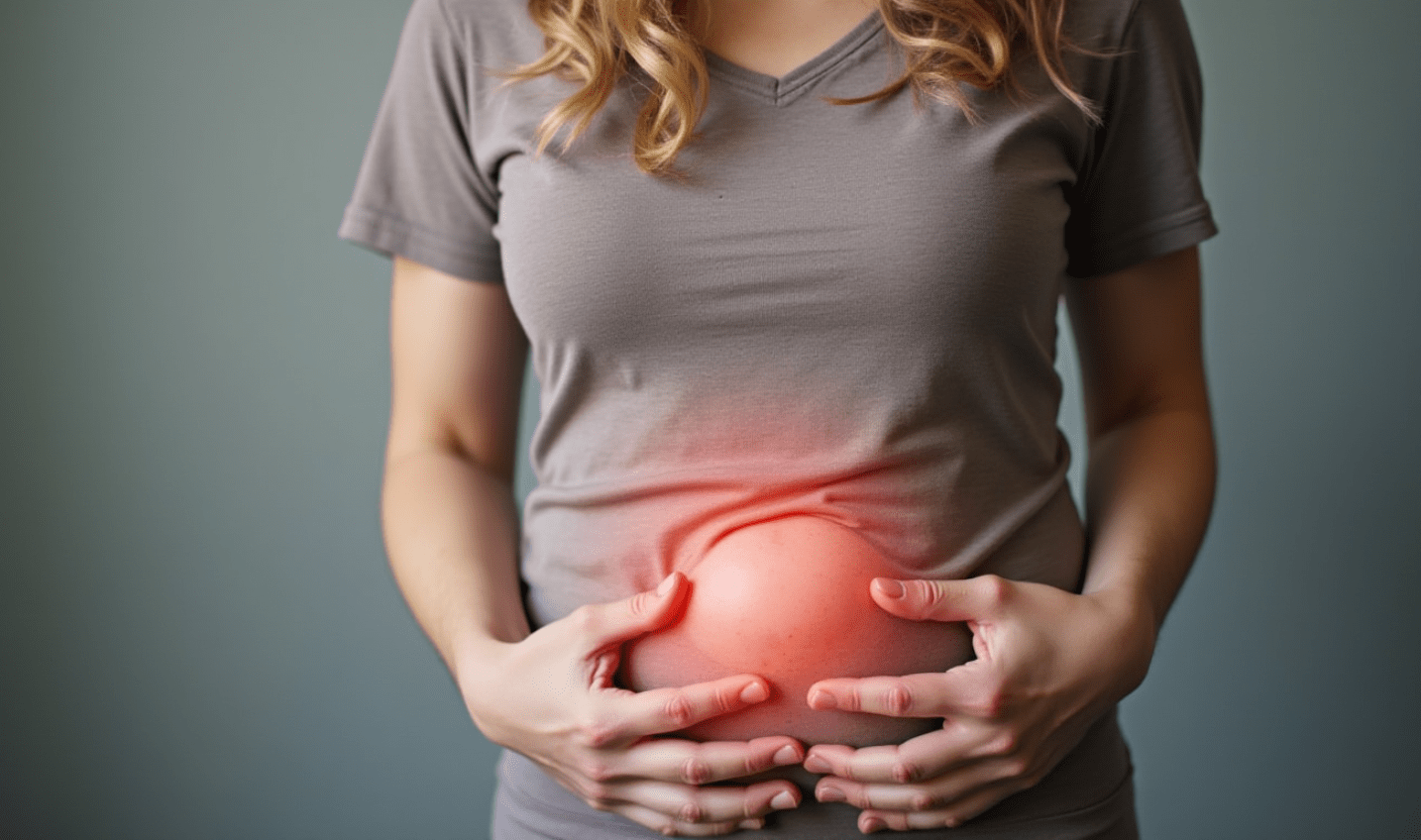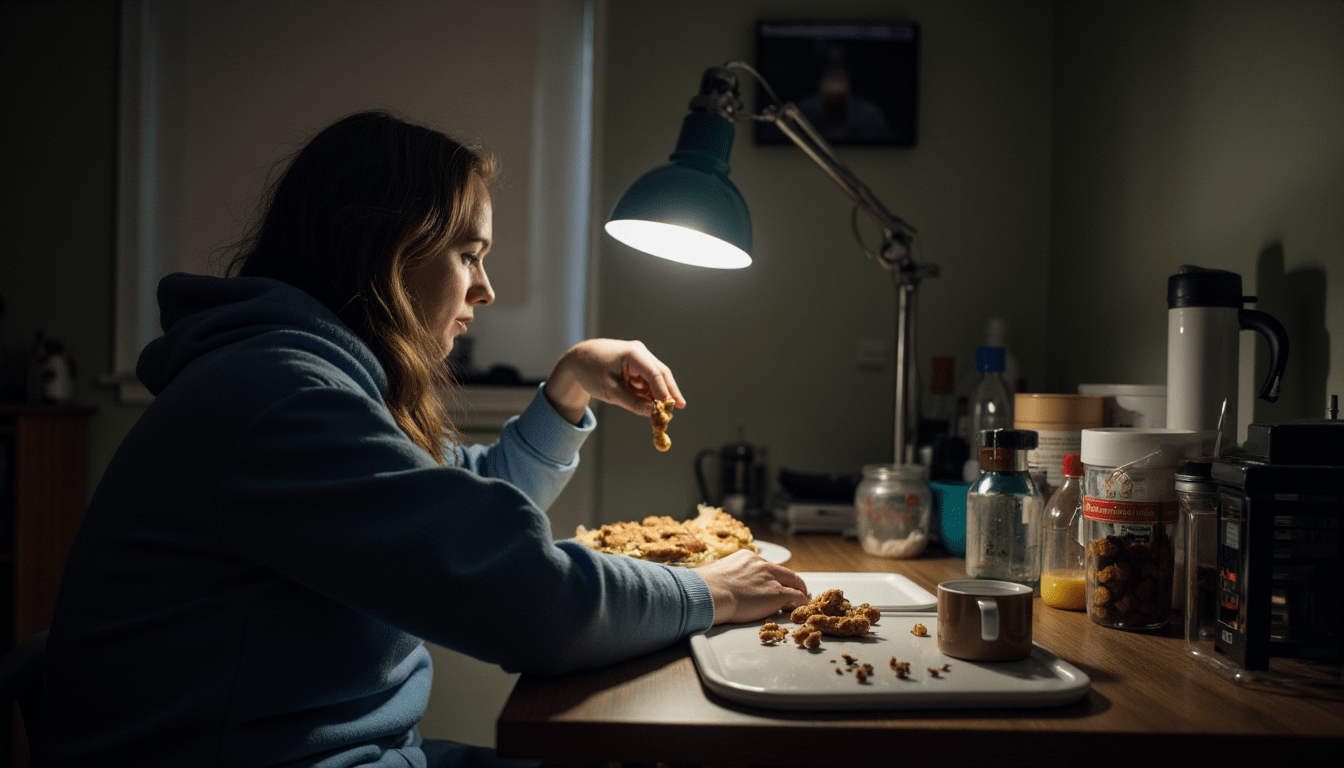Subtotal ₹0.00
Late Nights, Full Plates
It’s 9:45 PM. The emails have finally stopped, the house is quiet, and you’re sitting down to what feels like your first real meal of the day. Maybe it’s leftover pasta or a quick takeout bowl—something comforting before bed. A few hours later, though, your chest burns, or your stomach feels unsettled. Sound familiar? I see this pattern every week in my clinic, and it rarely has to do with “bad” food. It has to do with timing.
When I started paying closer attention to when my patients ate, not just what they ate, their nighttime symptoms began to make sense. The human gut isn’t a 24-hour diner—it follows a daily rhythm. After dark, digestive muscles slow, acid control changes, and the body begins a repair cycle. Forcing a heavy meal during that time is like running a washing machine during maintenance mode; it can work, but not well.
This article is about that rhythm—the link between meal timing and conditions like gastroesophageal reflux disease (GERD) and irritable bowel syndrome (IBS). Over the next few minutes, I’ll walk you through what the science shows, what I see in real patients, and how a simple timing reset can bring calm back to your nights without radical diets.
Your Gut Keeps Time Too
Every organ in your body keeps time. Your stomach, liver, and intestines have internal clocks—tiny molecular timers that anticipate meals and rest. Collectively, they follow the circadian rhythm, the 24-hour cycle that tells your body when to digest, repair, and sleep. When you eat late, you push that rhythm out of sync.
During the day, the digestive tract is primed: gastric emptying is faster, enzyme release is higher, and gut blood flow is strong. After sunset, those same processes begin to slow. A landmark chrononutrition study showed that late eaters experience longer gastric emptying times and higher nighttime acid exposure. Even the lower-esophageal sphincter, the muscle that prevents acid reflux, relaxes more easily in the evening—a perfect storm for GERD.
Your gut bacteria follow this rhythm, too. The microbiome’s diversity and activity shift through the day; feeding it at irregular hours can disturb its normal oscillation, promoting inflammation and altered motility. That may explain why some people feel bloated or gassy after a late snack even if the food itself seems harmless. Recent microbiome-timing data link erratic meal schedules to increased gut permeability and discomfort.
Think of your digestive system like a well-run kitchen. It’s most efficient when meals come in at predictable times. Throw in a large order at midnight, and the staff—your stomach acids, enzymes, and gut microbes—scramble. Over time, that chaos can look like reflux, IBS flares, or poor sleep. The fix begins not with a new diet trend, but by respecting the schedule your gut already keeps.







